Let’s start believing the unbelievable
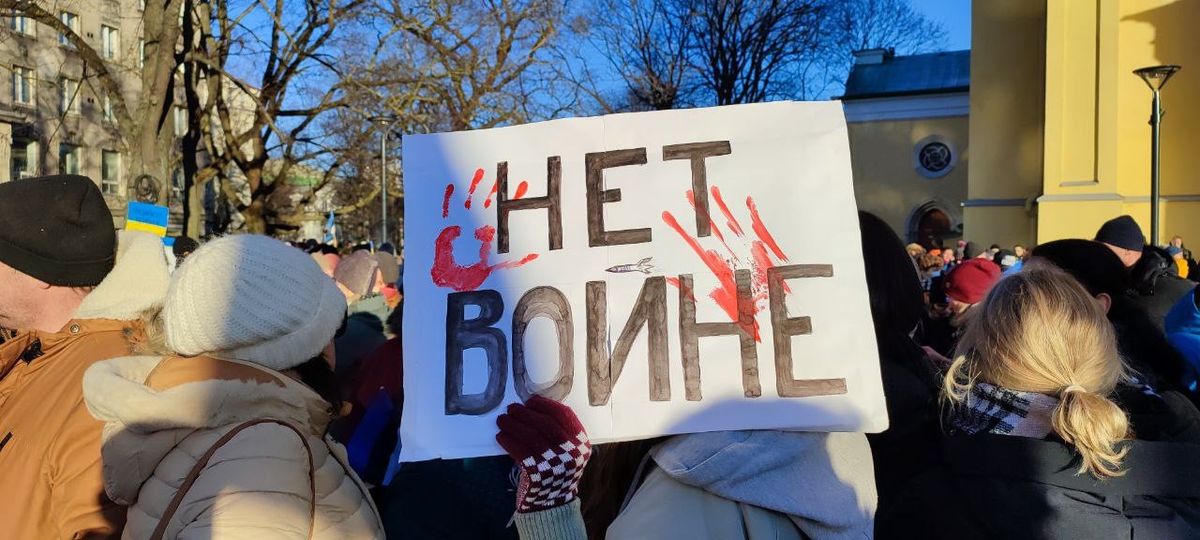
Yesterday I attended a massive protest in the Freedom Square, Tallinn, in support of Ukraine. I’ve never seen so many people together in Estonia in my life. Thousands of people gathered to demand Putin to stop the war.
Earlier that morning, while going to our offices by tram, a Estonian woman overheard us speaking in Spanish and approached us, asking where we were from. She was anxious, and a bit drunk. When we said we were from Spain, she encouraged us to leave Estonia and go back there as fast as we could.
Then she asked us how much time would she be able to live in Spain with one thousand euros (her savings), how much a flight ticket costed, and whether she would be able to find a job there.
The swing of the pendulum
When I was younger, I used to believe history was an uphill climb. Scientific advances, medicine, social progress, technology, and philosophy, would lead mankind always up. Wars, pandemics, and financial downturns where just little hiccups in the way.
As I grew older (and wiser) I understood history is more like a pendulum. There are ages of evolution and ages of regression.
If that is true, we are not precisely in a period of evolution.
Let’s start believing the unbelievable before it becomes real
In the weeks prior to the UK-wide Brexit referendum on June 2016, nobody truly believed that the UK would leave the European Union. It was a laughable prospect.
The EU has been probably one of the best ideas of the XX century, and has brought us not just economic growth, but unity, and the solidification of the European values of democracy, diversity, respect, and freedom. But populism, fear, and bigotry won the battle. Great Britain left the block.
When COVID first hit the headlines, the world reacted with disbelief. When it started to spread outside of China, we all fell prey of the same skepticism until it blown up in our faces. We refused to believe that something like that was happening, that it was even possible. Until the world came to a halt, and we were left isolated and scared, trapped in our own homes behind a mask.
Then, when the vaccine was developed, easily one of the most remarkable achievements of medicine in mankind’s history, some of us collectively breathed in relief. Science and progress triumphed, or did they? One year later, we’ve learned that an alarmingly big part of the population believes the fake news they consume on Facebook before scientists and doctors and refuse to get vaccinated.
We now know that science and facts cannot compite with social media and human stupidity in the age of individual truths.
These are not isolated events. Trump, the US Capitol attack on Jan 6, China’s subjugation of Hong Kong and threats to Taiwan, North Korea’s nuclear tests, Hungary and Poland’s democratic backsliding… The pendulum is going back and gaining velocity.

World War III?
I know not with what weapons World War III will be fought, but World War IV will be fought with sticks and stones.
Albert Einstein
That woman in the tram was scared for a good reason. Estonia was under the Soviet Union’s occupation well until the 90s. She has probably lived this. After living and traveling for years in the Baltic region, I have heard about the horrors of the Communist regime here. People killed, jailed, deported to Siberia, families separated…
The invasion of Ukraine is specially significant in this region. The scars are still open, and people are more willing to believe what others refuse to.
A lot of people, especially in Ukraine, blame NATO and the western countries for not defending Ukraine or sending troops, but NATO simply cannot do that. Ukraine is not part of the North Atlantic Treaty Organization precisely because it chose not to. NATO is a club that defends its members. It was created after the horrors of WWII to make sure a third world war would be prevented through dissuasion.
Defending a non-member country such as Ukraine would mean escalating Russia’s invasion of Ukraine to a global level. Such escalation could basically turn into World War III, and the repercussions are too scary for the world to even consider them.
As one of my friends told me the other day, we’ve got enough of living in a ”historic period”, thanks, we don’t need a world war on top of that.
Of course, Ukraine should be perfectly fine deciding not to join NATO. However, Russia seems stuck in a standstill since the XX century, as if time had stopped in 1989, complete with a paranoid rhetoric of neonazis, fascism and other ghosts of the past displayed during the almost one-hour tortuous speech from Putin.
Regardless of whether Putin and his authoritarian regime really believe this fantasy or just uses it to justify their actions, it is dangerous and worrisome, because they are not the only ones who are going that route. The world is polarizing again between West and East, left and right, us and them.
Let’s hope sanctions and other measures taken by western countries can dissuade Russia of continuing its aggression without further military escalation, even though I am not completely sure of their efficacy.
The gap between (and within) societies is growing
I finished my day yesterday watching the movie ”They”. It is a moving film about a gender-fluid teenager in the United States. It made me think.
While western countries (especially the US and western Europe) are now discussing action against climate change, recognition of transexual, non-binary, and gender-fluid people, and digital governance systems, other societies still live in the early XX century in terms of gender equality, social rights, individual freedoms, or even access to technology.
There is a huge gap here, and it is growing.
But not only between societies. This gap is growing within “advanced” societies too. From anti-vaxxers to creationists, from gun violence and opposition to universal health care in the US to LGBTQ-free zones in Hungary and Poland, from left to right, we are becoming more polarized as individuals and as communities, forcefully split into opposite extremes.
Ukraine’s example has shown us that staying neutral may no longer be an option. Whenever this has happened at a global scale in the past, it has signaled the beginning of a dark period in history.
It has been argued that China and other authoritarian regimes have fared better with COVID than democratic nations, if only because they could impose stricter measures and limit the freedom of their citizens more easily.
Advanced democracies, on the other hand, requiring consensus and respect for individual liberties as opposed to imposition and coercion, lagged behind in their answer to the virus.
If this is true, and the global situation is escalating into a world conflict, we need to understand if our democratic systems have made us stronger… or weaker.
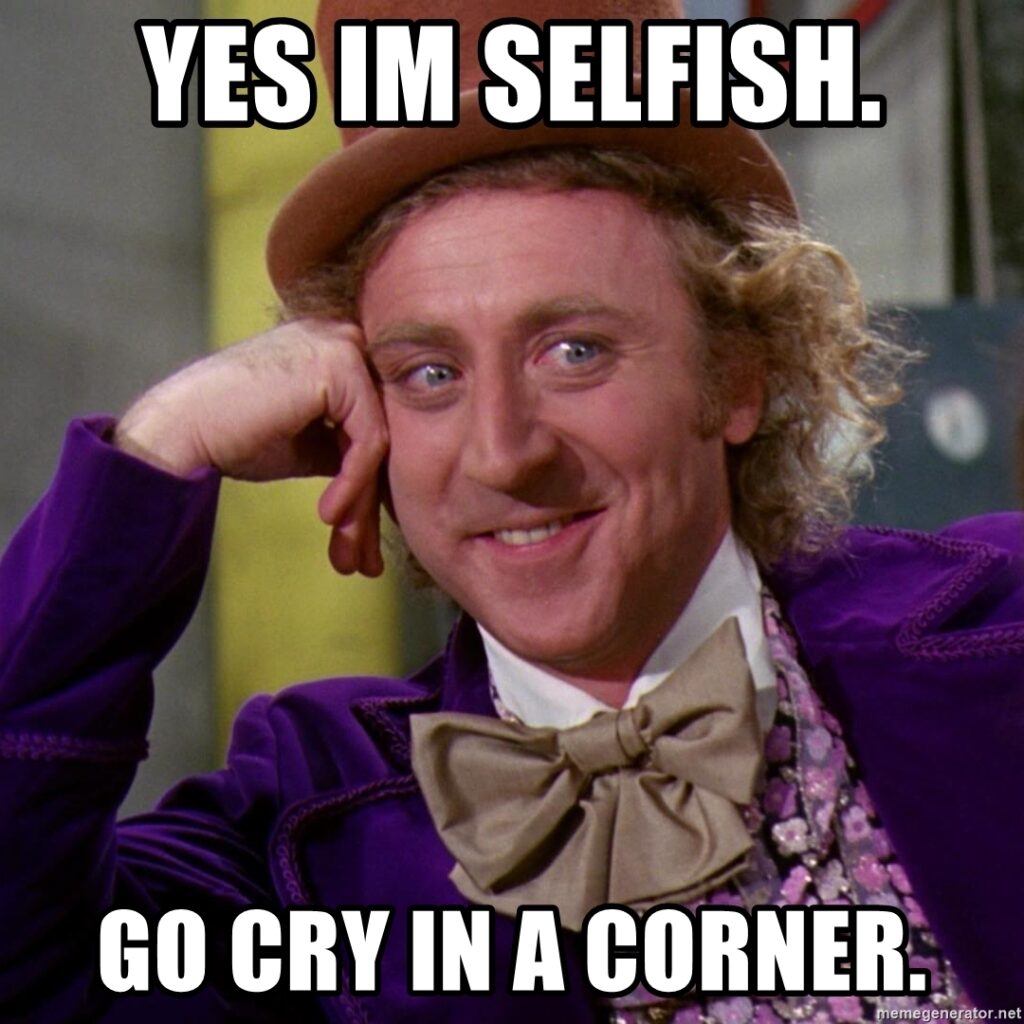
We have grown selfish
COVID made clear that, in western societies at least, we have grown more selfish. From people refusing to wear masks alleging that it violated their freedom or rights (or prevented them from breathing), to those refusing to get the shot because being vaccinated it’s ”their decision”.
When I was a kid, nobody asked me if I wanted the vaccine for the polio or not. Science has failed because of our inability to use it to act as a global community, even in the face of a common threat.
But you can’t blame COVID for that. It has only accelerated our alienation and egocentrism. It’s a process that’s been going on for a long time now, and you can see it in everyday’s events. We care less about others and more about ourselves than ever (and I am including myself as part of the generation that usually takes the blame).
The problem with selfish individuals is that they create selfish societies. ”I, me, mine” becomes ”My country, my region, my group, my tribe”. When that mindset installs comfortably in our culture, we are not ready to react to global threats as a global community.
So what can we do?
Interesting question. The answer may depend on whether you are an optimist or a pessimist. We pessimists need optimists to bring some light to our otherwise dark existences, but we end up being right more often than not.
Asimov’s psychohistory could not predict the actions of an individual or a group of people if they were not large enough for a simple reason. It’s very unlikely that a single person or a small group of people can change the course of history or revert the inertia of the rest of the world.
But that’s ok, or at least, that’s what we say to ourselves right before getting back to our Stoicism books. We are but drops in an ocean, and if we accept the theory of the pendulum, things will eventually change for the better.
However, in my opinion, it all seems to indicate that things will get worse before they get any better. We are moving in backward motion.
The Sovereign Individual book depicts a world where the individual escapes the chains of the nation state and is free to seek a new model of society in which we are sovereign over our destiny, and countries lose the power to coerce us by exercising their monopoly on violence. The recent events seem to indicate that it is easy to lose all that progress and step back in the wrong direction.
Still, we have the opportunity, the right, and perhaps the obligation, to stand up, to say ”No” to war. To fight against misinformation and fake news, to create better societies, to trust science, to be bold enough to prioritize the climate crisis over profit, and to leave the ghosts of the past behind.

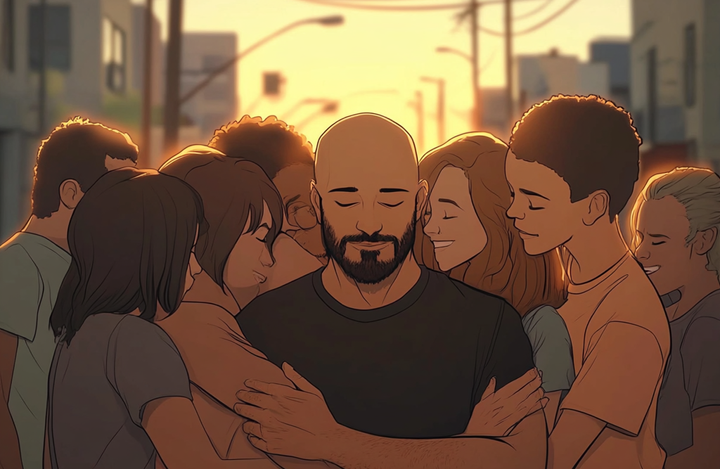
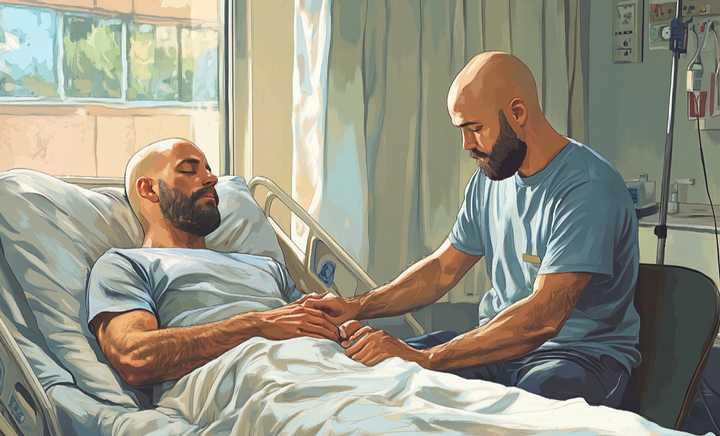
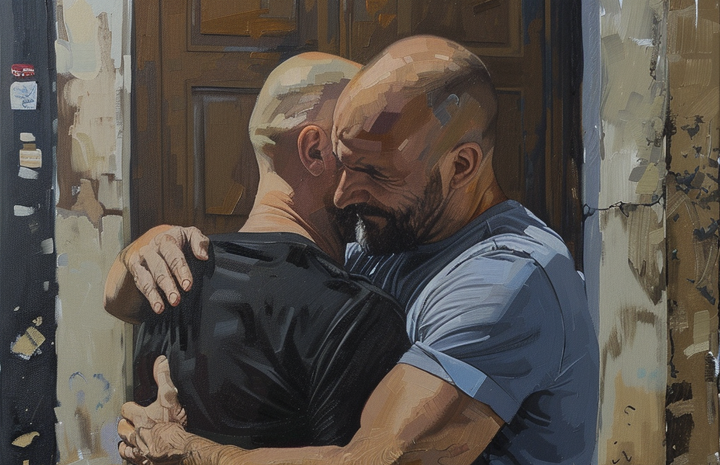
Comments ()